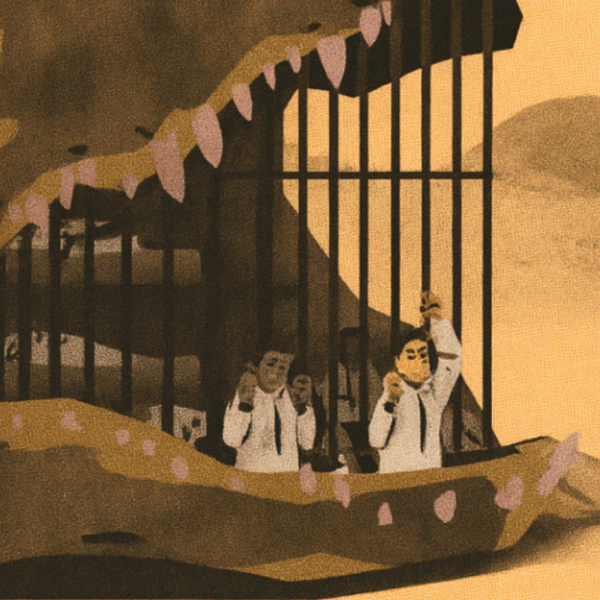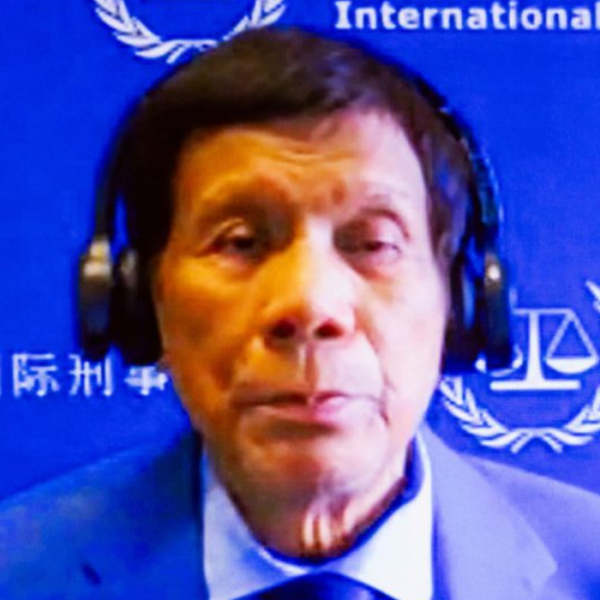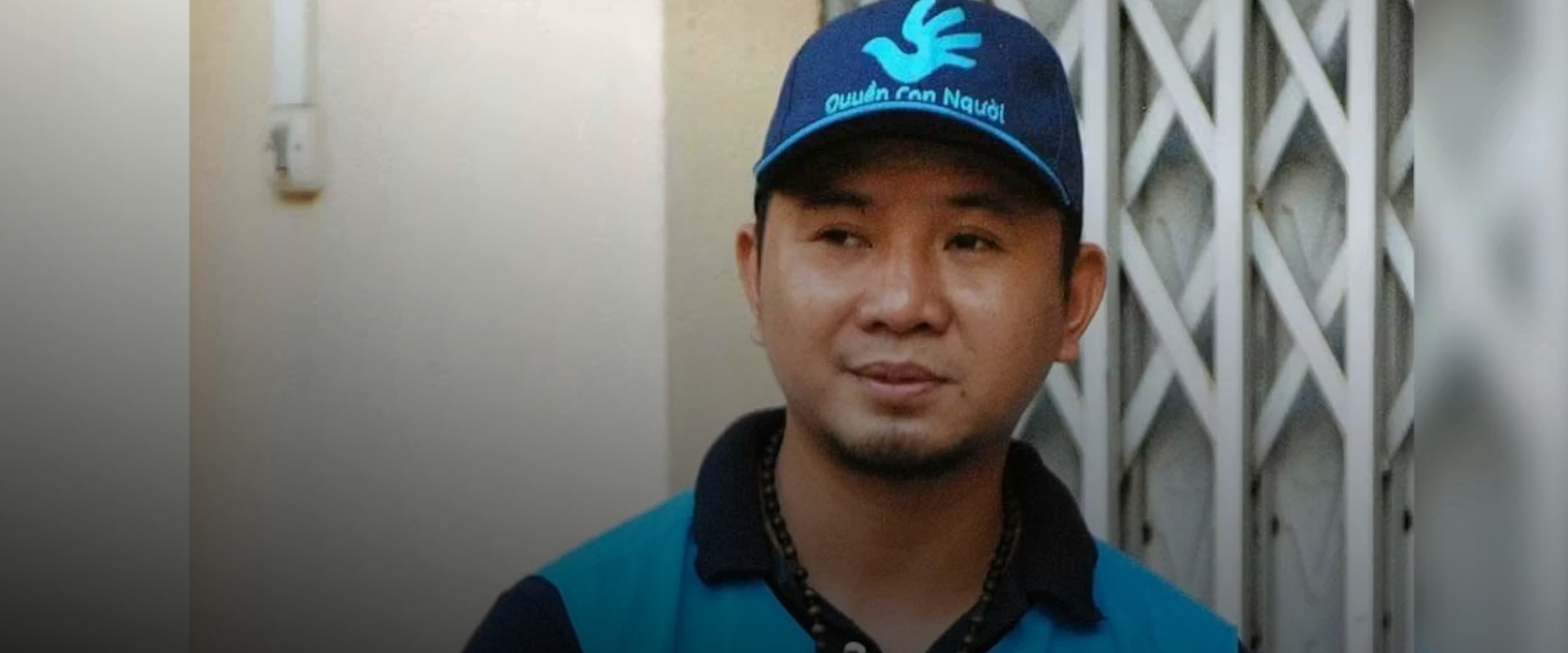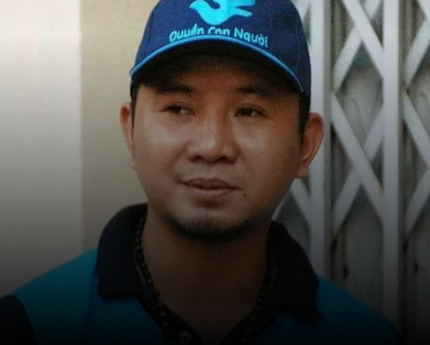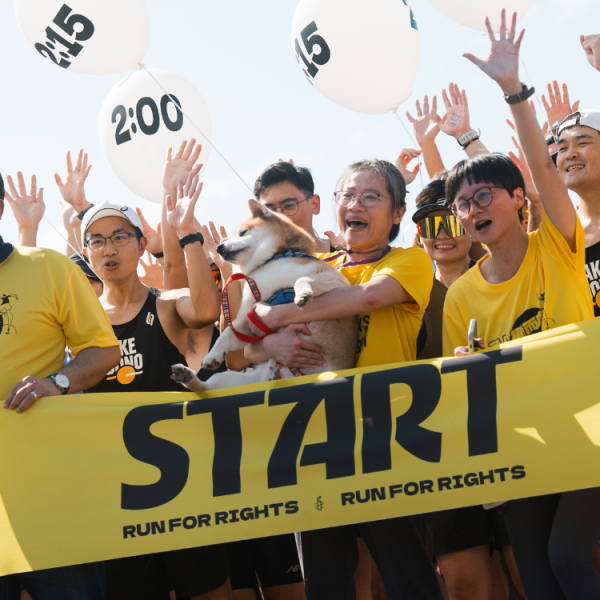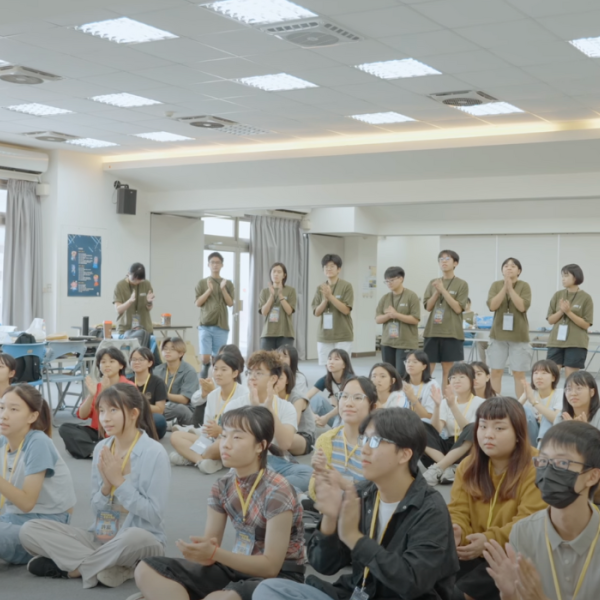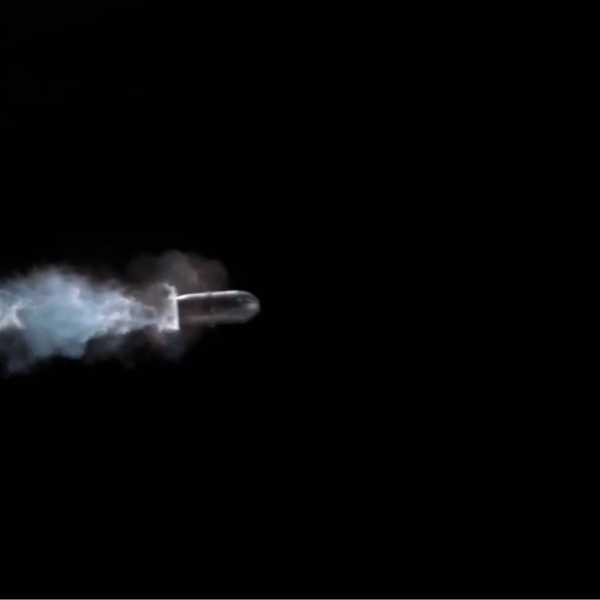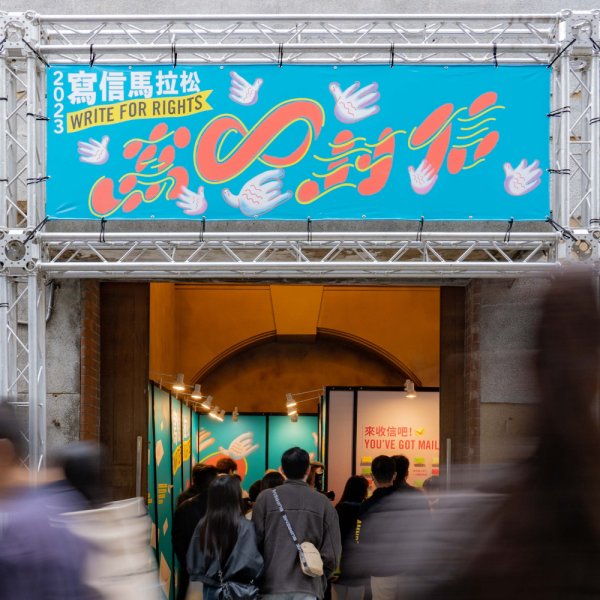陸正案被告遭羈押21年,案件更審應嚴守無罪推定
2009.09.20
針對台灣司法史上訴訟過程中被告遭羈押最久的未決刑事案,總部位於英國倫敦的國際人權團體「國際特赦組織」(Amnesty International)於21日發出公開聲明,呼籲高等法院應嚴守無罪推定原則,儘速為延宕多時的此案劃下句點。
分別發生於民國76年間的新竹學童陸正及保險業務員柯洪玉蘭命案將由高等法院進行第 11次更審,將於本月22日首次開庭。
兩案併案審理,被告邱和順、林坤明和吳淑貞經最高法院更十審判決(今年4月13日),分別遭處死刑、17與11年有期徒刑。至今,邱與林仍遭羈押,邱和順甚至已遭羈押21年。因案件欠缺直接證據,起訴與判刑均僅依賴警方刑求所得的自白,三人不斷上訴。
國際特赦組織亞太地區項目副主任阮柔安(Roseann Rife)針對此案指出:「依據公平審判的相關國際準則,被告應享有無罪推定之待遇,並應在合理的時間內接受審判」;「這個延宕二十年的待決案件應獲及時解決」。
兩案至今仍未起出諸如兇器、陸正遺體與柯女部份遺體等重要物證。
該國際人權團體並引用最高法院於2009年8月6日將本案發回高院審理的判決書,對與三人比對不符的扣案指紋資料、與案件事實證據充滿矛盾的自白有瑕疵證據表示關切 。
錄音證據顯示警方確於偵訊期間以刑求取得自白。涉案刑警之後亦因以強暴手段取得自白遭到彈劾並確認刑事責任。當年彈劾相關員警的監察委員,正是現任法務部長王清峰女士。
本案被告於偵訊期間均無律師陪同,且自逮捕至起訴前均被收押禁見。
即便如此,且被告均於羈押禁見期間由同一批員警頻頻借提至警局、在沒有律師陪同的情況下接受長時間接受偵訊,但本案過去審理過程均僅排除有錄音證據顯示刑求的自白,卻採納了其他諸多不利被告的自白。
最高法院於2009年8月6日將本案發回高院審理,判決書中特別指出高院應查明與三人比對不符的指紋、與犯罪現場發現的事實證據明顯矛盾的自白等顯有瑕疵的證據 。
長期關切此案的台灣人權與司法改革團體一再強調,最高法院已駁回高院對本案的判決11次;案件本身只有具爭議的自白缺乏其他直接證據,這就是本案被告涉案遲遲無法定讞的根本原因。
國際特赦組織為立場中立的國際人權團體,成立於1961年,不接受任何政黨或政府捐助,至今在全球70多個國家設有分會,受到來自150個國家、超過220萬名會員的支持,曾於1977年獲得諾貝爾和平獎,次年則獲得聯合國人權獎。
若須其他相關資訊,敬請聯繫:
- 國際特赦組織台灣總會 副秘書長 楊宗澧:(02)2709-4162;0918-517-157
- 國際特赦組織亞太地區項目副主任阮柔安(Roseann Rife):+85-2385-8319 (香港)
國際特赦組織(Amnesty International)聲明
2009年9月21日
台灣:以公平審判終結對被告長達21年的羈押
時值邱和順案9月22日更11審前夕,國際特赦組織提出呼籲,促請高等法院審理此案時,務必遵守禁止採用刑求所得之自白、避免死刑判決等規範公平審判的國際標準。
邱和順案在各級法院間歷經多次審理與上訴。邱和順在此期間已遭羈押21年。據最高法院最新判決書指出,本案不利邱和順與共同被告吳淑貞、林坤明之處存有瑕疵,且案發現場並未發現被告指紋。本案其他令人關切處,尚包括被告於偵訊期間全無律師陪同;被告最初自白出自刑求;前審法院考量判處被告有罪且據此將邱判處死刑時,均未排除這些自白。本案至今仍未起出諸如兇器、被害人遺體或其衣物等物證。
國際特赦組織亞太地區項目副主任阮柔安(Roseann Rife)表示,「依據公平審判的相關國際準則,被告應享有無罪推定之待遇,並應在合理的時間內接受審判」; 「這個延宕二十年的待決案件應獲及時解決」。
背景
邱和順與其他11位被告,因涉及1987年間一位9歲孩童與另一中年婦人命案接受審判。至此,兩案在高院與最高法院間上沖下洗,(將)歷經(高等法院)十一次更審。
在這二十年中,其他九位被告有人過世、有人已服刑完畢。邱和順則因搶劫、綁票、勒贖與殺人,在1998年遭判死刑。
1994年時,偵查此案的數名員警因刑求逼供,遭判刑確定。即便如此,承審本案的數十位高等法院法官仍堅持採用「未涉及」刑求的部份自白。
2009年8月6日,最高法院駁回認定邱和順與其他兩位共同被告有罪之判決,將本案發回高等法院再審。
據估計,台灣截至2009年7月有65人遭判死刑,目前均仍待上訴或隨時可能遭執行死刑。台灣自2005年起未執行死刑,且前總統陳水扁曾公開反對死刑,但並無法源支持實質上的「暫停死刑」。
台灣在2008年3月進行由現任總統馬英九領軍的政權交替,現任法務部長王清峰曾以個人身分反對死刑。然而,此任政府對死刑的官方態度不明,高級官員頻頻托詞民意,聲稱維持死刑有其必要。
如須更多資訊,敬請聯繫國際特赦組織亞太地區項目副主任阮柔安 Roseann Rife;連絡方式: +852 2385 8319或+852 9103 7183(香港);網站www.amnesty.org
AMNESTY INTERNATIONAL PRESS RELEASE21 September 2009Taiwan: Fair trial to end 21 years of detentionOn the eve of the 11th retrial of the cases against Chiou Ho-shun on 22 September, Amnesty International urges Taiwan’s High Court to conduct the trial in accordance with international fair trial standards including prohibiting confessions obtained through torture and to refrain from imposing the death penalty.
Chiou Ho-shun has been in custody for over 21 years while the cases were going through numerous trial and retrials within the court system. The cases against Chiou Ho-shun and his two other co-defendants Lin Kun-ming and Wu Shu-chen were reportedly flawed according to the latest verdict document of the Supreme Court. The Supreme Court also noted that the defendants fingerprints were not found at the crime scene. Other concerns are that the defendants had been denied access to legal counsel during the investigation stage; initial confessions of the defendants were extracted through torture; and the courts in previous trials had failed to exclude these confessions in reaching the guilty verdicts and the subsequent death sentence of Chiou Ho-shun. As of today, no material evidence such as the murder weapon, victims’ bodies and their clothes have been found.
“Under international fair trial standards, defendants should have the right to be presumed innocent and tried without undue delay,” says Roseann Rife, Asia-Pacific Deputy Programme Director at Amnesty International. “This unresolved case lasting for more than two decades deserves a prompt resolution.”
BACKGROUND
Chiou Ho-shun and 11 other co-defendants were tried in the two cases in the deaths of a nine-year-old boy and a middle-aged woman in 1987. The two cases have been bounced between the High Court and the Supreme Court for retrial 11 times.
The other nine are either dead or have completed their sentences during the past two decades. Chiou Ho-shun was first sentenced to death for robbery, kidnapping, blackmailing and murder in 1998.
In 1994, a number of police officers handling this case were convicted for their involvement in extracting confessions through torture. In spite of this, during all the retrials, several dozen judges at the High Court have insisted on using the “torture-free” portions of the confessions.
On 6 August 2009, the Supreme Court overturned portions of the original rulings against Chiou Ho-shun and the two other co-defendants, and returned the case to the High Court for retrial.
An estimated 65 people have been sentenced to death in Taiwan and are awaiting appeals or execution as of July 2009. Although no executions have been carried out in Taiwan since December 2005 and former president Chen Shui-bian publicly opposed the death penalty, the current de facto moratorium has no legal basis.
A new administration under president Ma Ying-jeou came to power in March 2008. Taiwan’s current Minister of Justice, Wang Ching-feng, has personally declared her opposition to the death penalty. However, the administration’s formal policy remains unclear, with senior officials frequently referring to public opinions to defend the retention of death penalty.
Public Document
For more information please contact Roseann Rife, Deputy Programme Director, Asia-Pacific Regional Office in Hong Kong, at +852 2385 8319 or +852 9103 7183. www.amnesty.org
更多影音
- 全球
酷刑工具是如何被警方用來針對示威者?
- 全球
阿姆內斯提青春大舞台 2024高中生人權營
失去眼睛的警察暴力倖存者萊迪述說她的遭遇
- 全球
